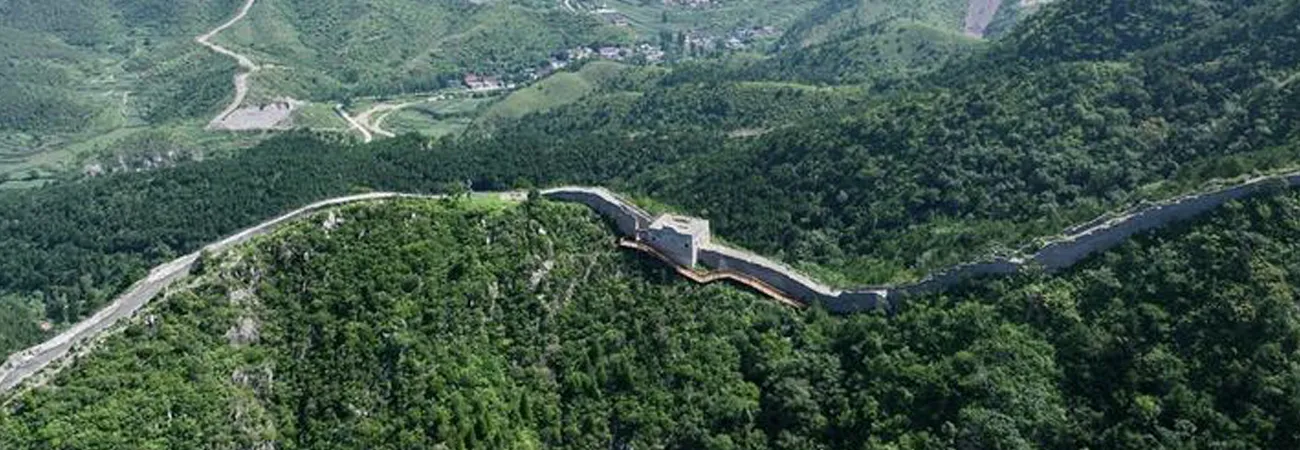XINHUA-PAKISTAN SERVICE
TOKYO, Aug. 24 (Xinhua) -- Japan is considering constructing next-generation nuclear reactors, Japanese Prime Minister Fumio Kishida said at an energy policy meeting on Wednesday.
Eleven years after the Fukushima disaster, the plan marked a major shift in the government's nuclear energy policy, which is currently backing away from the building of new nuclear power plants.
The prime minister believes the plan will address the structural challenges facing Japan, such as electricity shortages and decarbonization delays, especially as it aims to reach net-zero carbon emissions by 2050, local media reported Wednesday.
Japan has set a target for nuclear power generation to account for 20 to 22 percent of its electricity supply in fiscal 2030, and the government has been considering re-expanding nuclear power after extreme weather and global fuel shortages affected the country's power supplies.
This year, the capital city of Tokyo endured two major power crises, including one in late June during its worst heatwave in more than a century.
The plan also considers restarting more nuclear plants and extending the maximum service period for the country's existing nuclear reactors beyond 60 years.
After the 2011 earthquake-triggered tsunami disaster at the Fukushima nuclear power plant, which led to the worst nuclear disaster since Chernobyl in 1986, the operational life of Japan's nuclear reactors was limited to 40 years, under stricter safety protocols.
To extend a reactor's lifespan by a further 20 years, however, the government made it possible for some of these idled reactors to potentially be brought back online, provided they implement safety upgrades and pass safety tests by regulators.
Ten out of 17 nuclear power plants that have already passed the screening tests have had their operational life extended and have been restarted.
However, analysts believe the plan faces strong opposition as many residents still reject nuclear power after the Fukushima accident.
The prime minister also discussed extending the operational life of nuclear power plants by not including the periods in which they were shut down while under review by the Nuclear Regulation Authority, but such an extension could spur concerns about the safety of aging reactors that are more prone to accidents. Enditem





